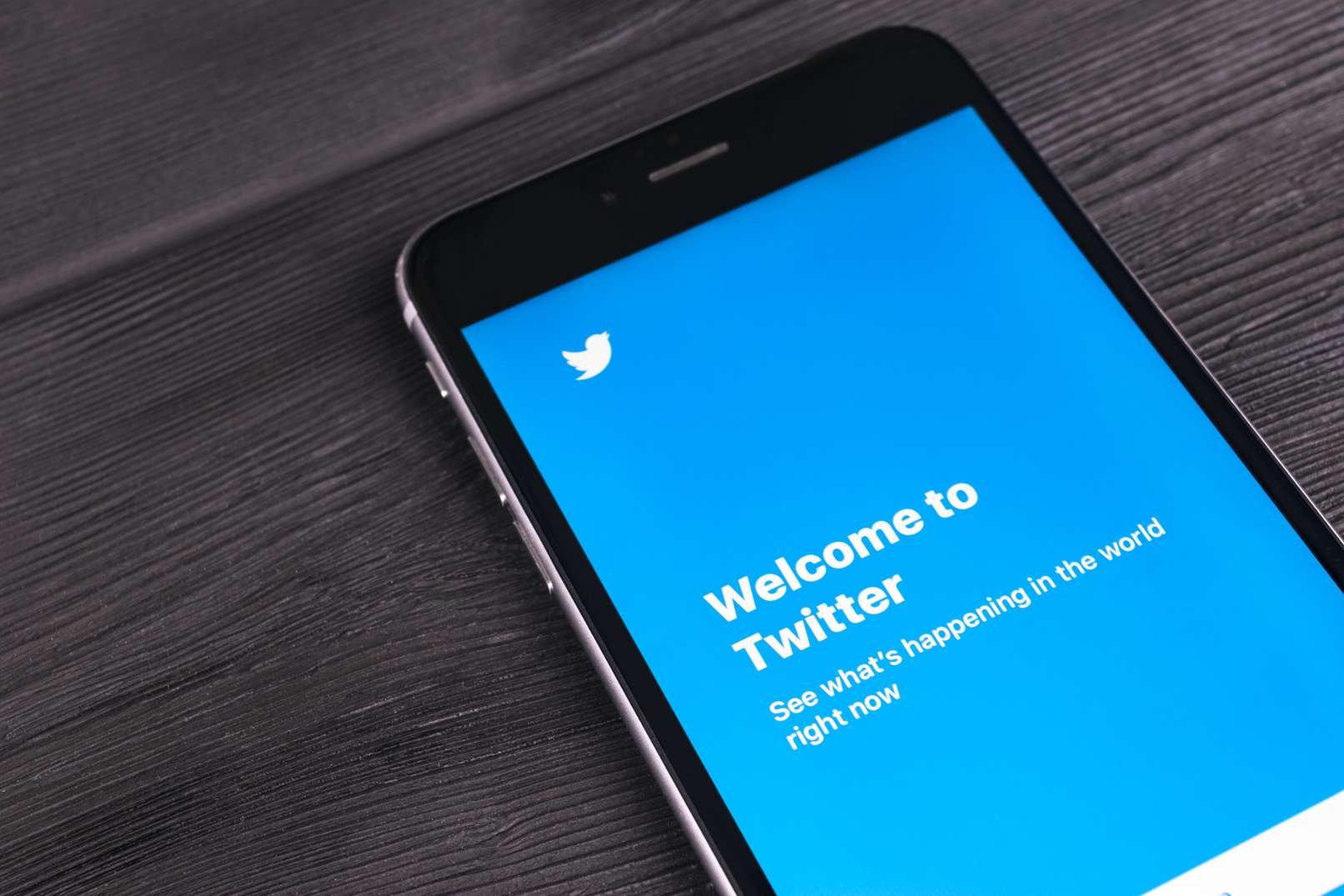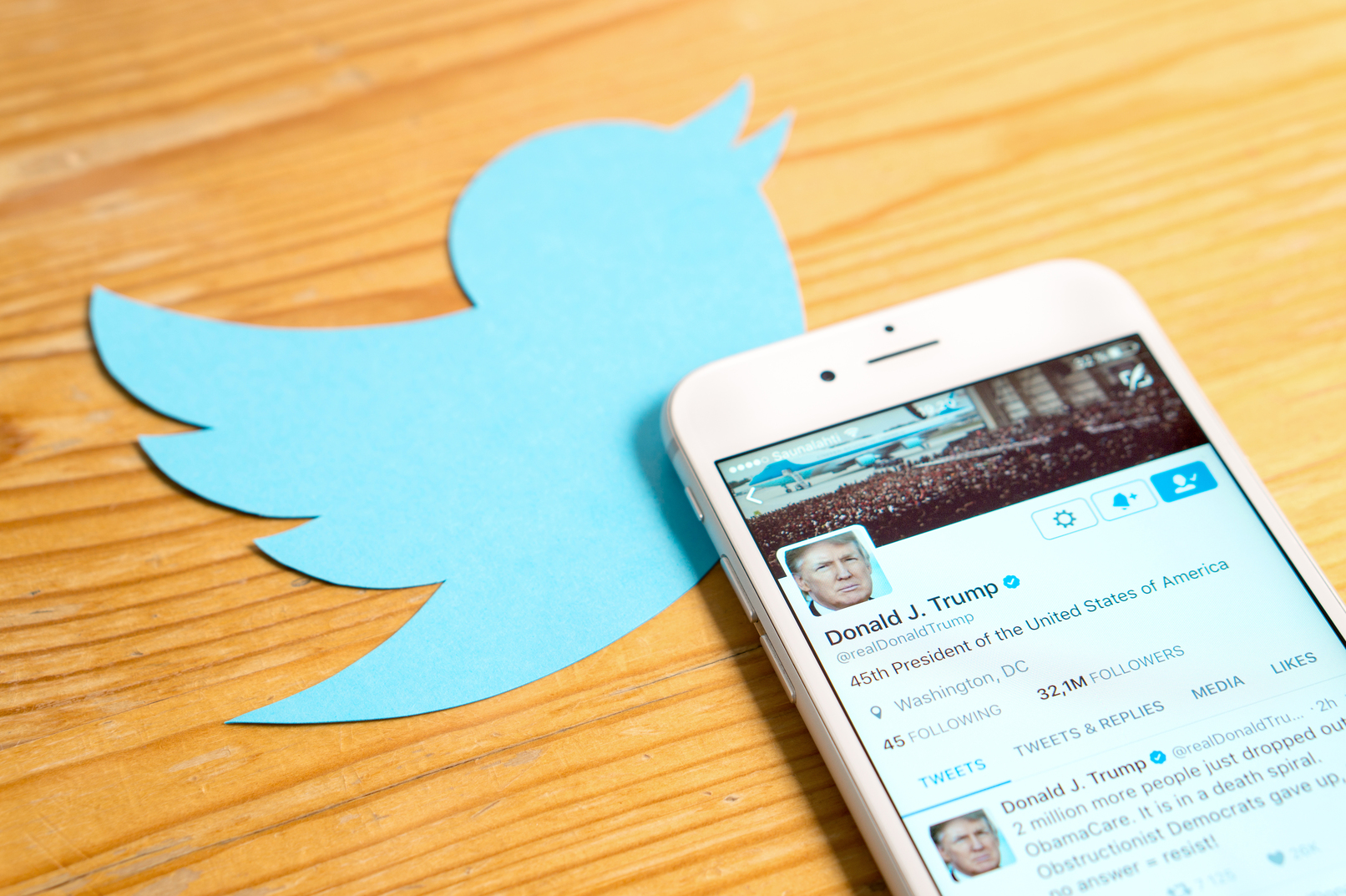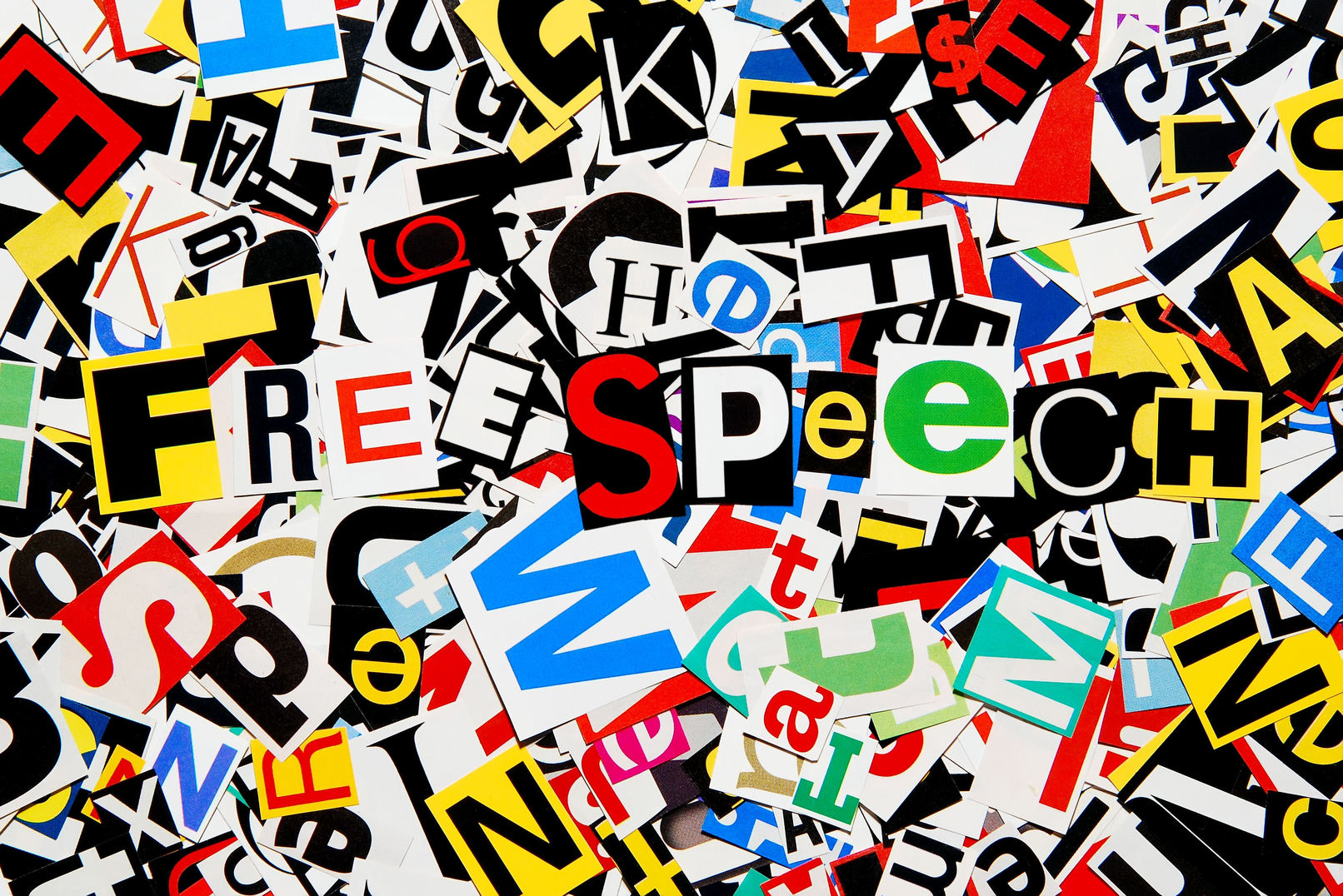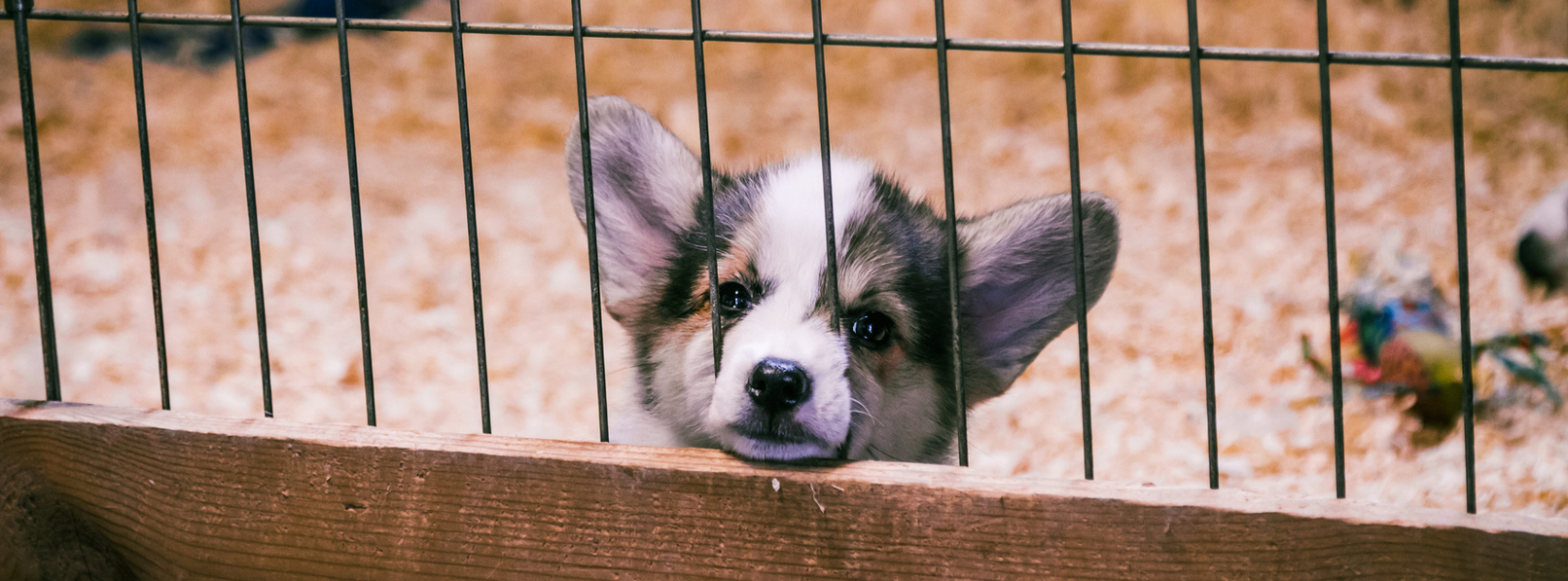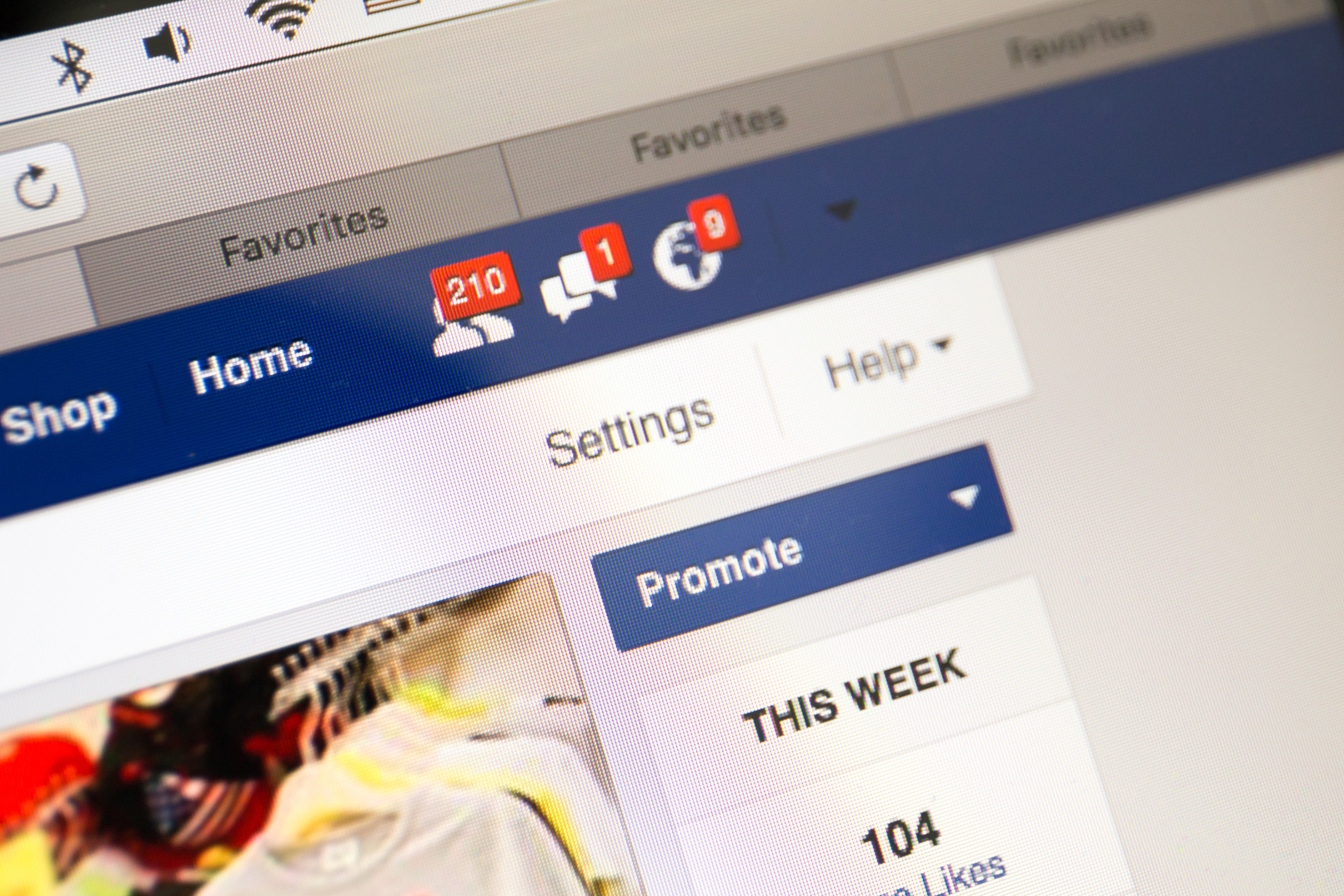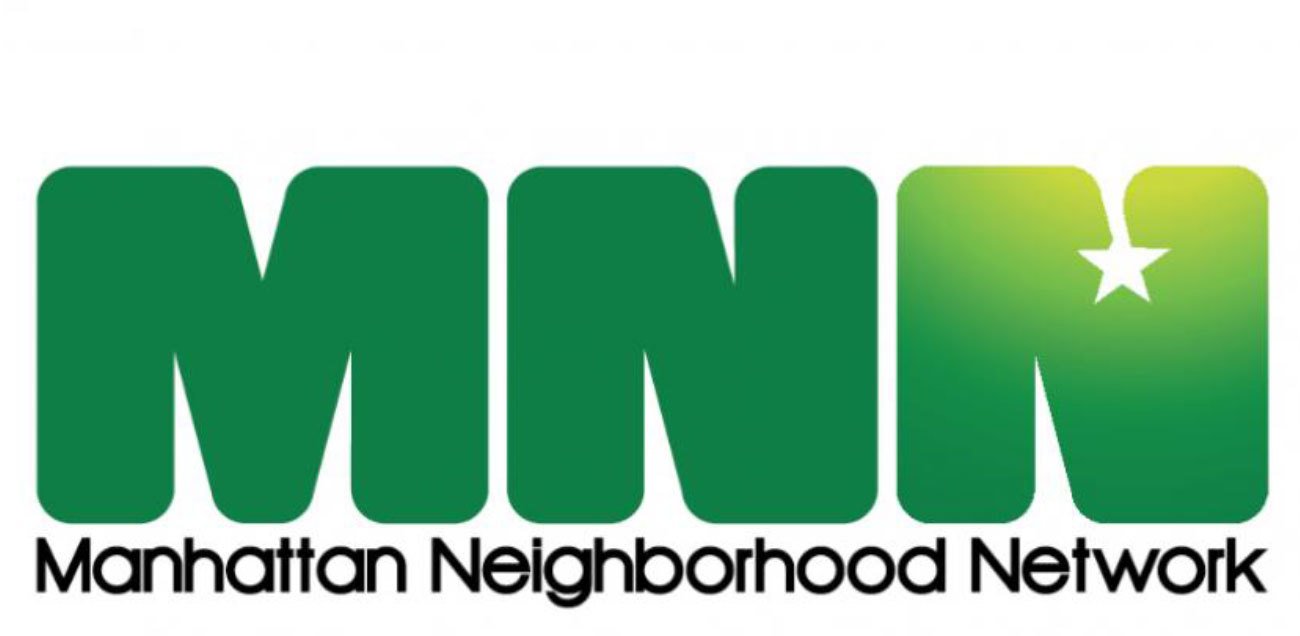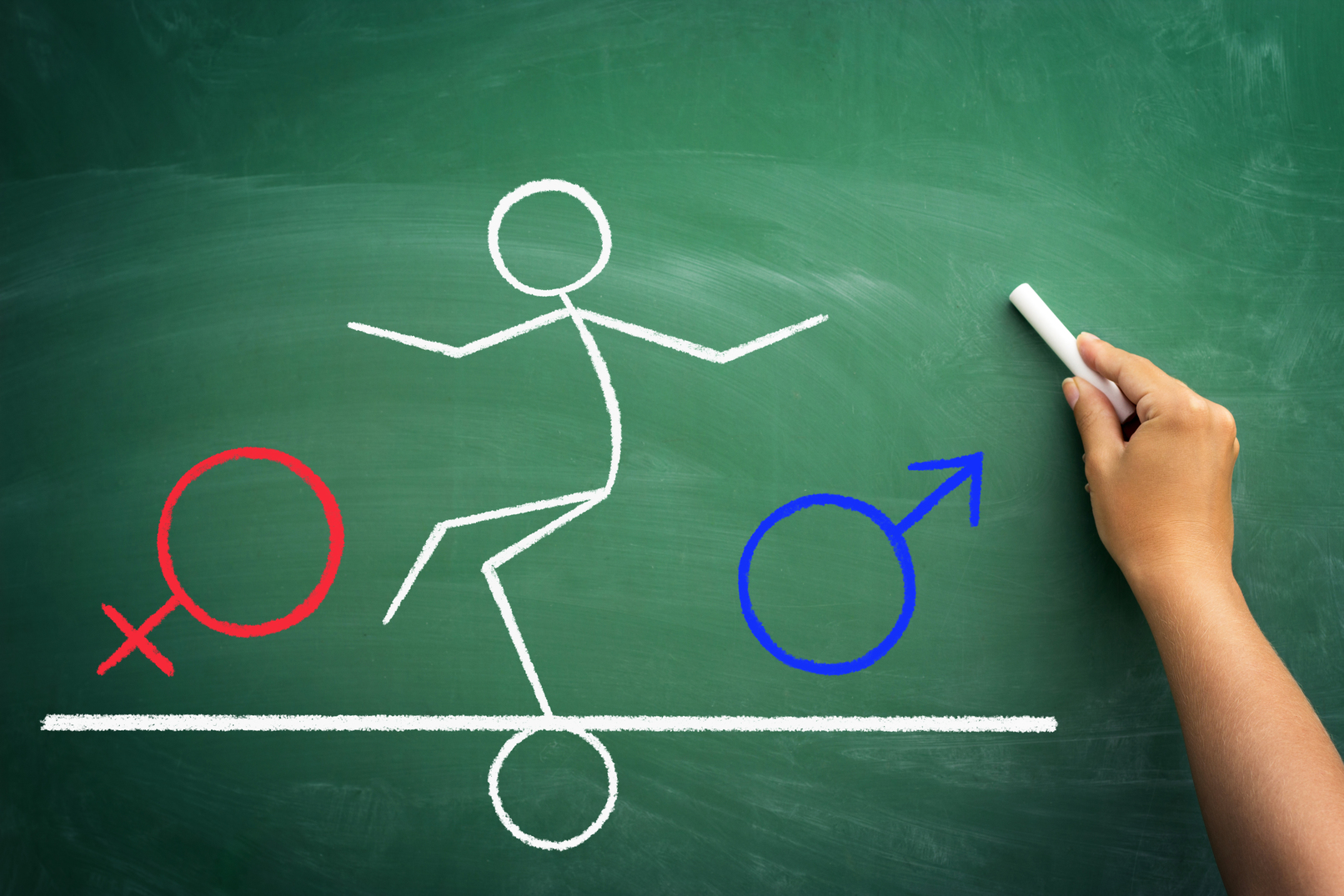The second impeachment trial of former President Donald Trump began this week in the Senate with Trump’s lawyers arguing in part that the former President’s statements are protected under the First Amendment as free speech.
Articles Tagged with free speech
A federal district court judge ruled that Google is not a state actor, so the First Amendment does not apply to its efforts to regulate its platform.
On Friday, August 16, 2019, Judge Brian C. Wimes of the U.S. District Court for the Western District of Missouri ruled that Mike Campbell was deprived of his constitutional right to free speech when Missouri Representative Cheri Toalson Reisch blocked Campbell from her Twitter page after Campbell retweeted a comment criticizing Reisch's political views. Judge Wimes granted Campbell's request for declaratory and injunctive relief against Reisch under 42 U.S.C. § 1983.
On Tuesday, July 9, 2019, the United States Court of Appeals for the Second Circuit held that President Donald J. Trump engaged in unconstitutional viewpoint discrimination, in violation of the First Amendment, by blocking certain users' access to his Twitter account based on those users' speech on Twitter. The Knight First Amendment Institute at Columbia University sued the President on behalf of seven Twitter users who were blocked from the President's Twitter account after said users tweeted replies to the President critical of his personality and policies. Judge Barrington D. Parker concluded "that the First Amendment does not permit a public official who utilizes a social media account for all manner of official purposes to exclude persons from an otherwise-open online dialogue because they expressed views with which the official disagrees."
The Third Circuit Court of Appeals ruled that the city was justified in attempting to prevent sexual orientation discrimination by withholding referrals of foster children to agencies that do not work with same-sex parents. It did not find any religious persecution or bias that would make the policy unconstitutional under the First Amendment.
On February 25th, 2019, the US Supreme Court will hear arguments in Manhattan Community Access Corporation v. Halleck, a case that has garnered press attention for its First Amendment subject matter. The Court is being asked to consider, “when (if ever) the actions of a private nonprofit corporation operating a public access television channel…
On Wednesday, U.S. District Court Judge James Gritzner overturned an Iowa law that made it illegal to obtain employment at a livestock farm to investigate animal cruelty through an undercover approach. The federal judge found the law to be a violation of the constitutional right to free speech.
On Monday, January 7, 2019, the United States Court of Appeals for the Fourth Circuit found that Phyllis Randall violated the First Amendment rights of Brian Davison when she blocked Davison for twelve hours in February 2016 from her official Facebook Page as the chair of the Loudoun County Board of Supervisors.
The US Supreme Court last week agreed to hear a case in which two individuals sued a New York cable-TV public access channel for violating their First Amendment rights by banning them from the channel's services and facilities.In Manhattan Community Access Corp. v. Halleck, the two petitioners, Halleck and Melendez, argue that the Manhattan Neighborhood Network (MNN) unconstitutionally banned them from the public access channel, which they argue is a public forum subject to the First Amendment.
Colorado baker Jack Phillips, who won a decision before the U.S. Supreme Court in June, is suing again following his refusal to bake a cake to celebrate a gender transition. His refusal resulted in a probable cause finding by the Colorado Civil Rights Commission that he had violated Colorado’s public accommodations law.…



